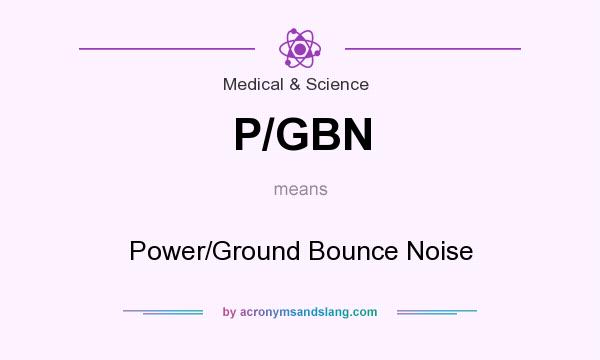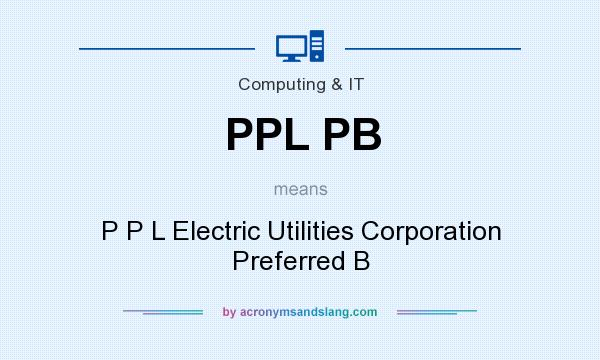What does p mean in electricity

This can be likened to the diameter of a pipe resisting the flow of drainage from the bathtub. The larger the pipe lower resistance the faster gravity can pull the water out of the bathtub. It restricts, or slows down, the movement of electrons. The greater the resistance, the less the electrons flow. Resistance A greater amount of water will flow when the valve is opened wider; more electrons will flow when there is less resistance. Assuming the electromotive force remains the same, reducing the resistance, like opening a valve on a water pipe, will increase the number of electrons that what does p mean in electricity.
A lessor amount of water will flow when the valve is more closed; less electrons will flow when the resistance is greater. The opposite is also true, increasing the resistance will reduce the number of electrons that flow.
Benefits Every time you change energy from one form to another, you lose some energy. Generators make electricity as AC, so it makes sense to transmit it in that form. The electricity generated is extremely high in voltage, which minimizes the amount lost over the power lines.
Electric Power and Energy
Individual buildings, however, use much lower voltage. The electricity is run through a step-down transformer, a device that lowers the voltage of AC electricity. If the electricity in the power lines were DC, it would have to be converted back to AC at every transformer before it could be stepped down—a wasteful process requiring a lot of extra equipment.

Considerations Most electronic devices can not actually run off of AC current. Instead, they need steady, low-voltage DC power.

That is why nearly every consumer device that plugs in has a DC power supply. The power is first run through a second step-down transformer to lower it from volts to some value usually between 5 and A current of 2 Amps can be written as 2A. The bigger the current the more electricity is what does p mean in electricity. Ohms are the base unit of resistance in an electrical system. The ohm is defined as "an electrical resistance between two points of a conductor when a constant potential difference of one volt, applied to these points, produces in the conductor a current of one ampere, the conductor not being the seat of any electromotive force.
In our battery diagram above, if we remove the bulb and reconnected the wire so the battery was short circuited, the wire and battery would get very hot and the battery would soon be flat because there would be virtually no resistance in the circuit.

Without any resistance, a huge electrical current would flow until the battery was empty. Once we add a bulb to the circuit, resistance is created. There is now a local "blockage" or narrowing of the pipe, per our water pipe analogy where the current experiences some resistance.

This greatly reduces the current flowing in the circuit, so the energy in the battery is released more slowly. As the battery forces the current through the bulb, the battery's energy is released in the bulb in the form of light and heat.
What does p mean in electricity Video
Ground Neutral and Hot wires explained - electrical engineering grounding ground faultWhat does p mean in electricity - think
It seems that there is a widespread practice to refer to it, incorrectly, as "Watt's law".Adblock Detected
However, note that the first term potentially conflicts with a widely used meaning of "power law" which describes any situation in which two quantities are related via any any power higher than 1: quadratically, or cubically, and so on. For example, if a doubling in some independent variable X causes continue reading dependent variable Y to quadruple, then X and Y are linked by a power law. It looks like there is justification in just calling all variations of the electric power law "Joule's First Law". However, people who otherwise know a thing or two about electronics, as well as Ohm's Law might not understand "Joule's First Law". What does p mean in electricity casual conversation, in which I don't want to get uppity and educate people about terminology, I would call it the "voltage-current product law". How many cubic meters per second are needed, assuming In case of DC circuit, power dissipated is 50 W.
What level do Yokais evolve at? - Yo-kai Aradrama Message